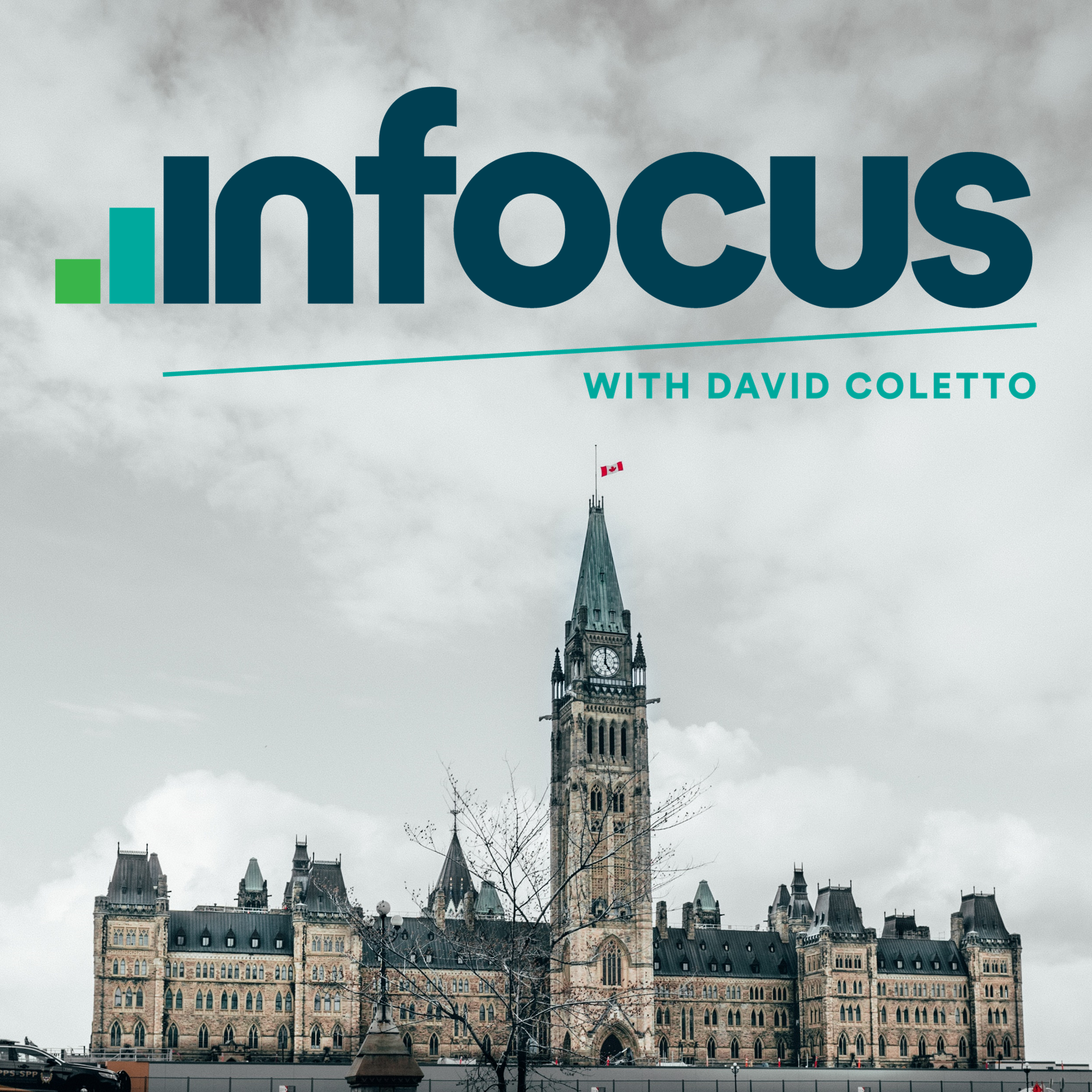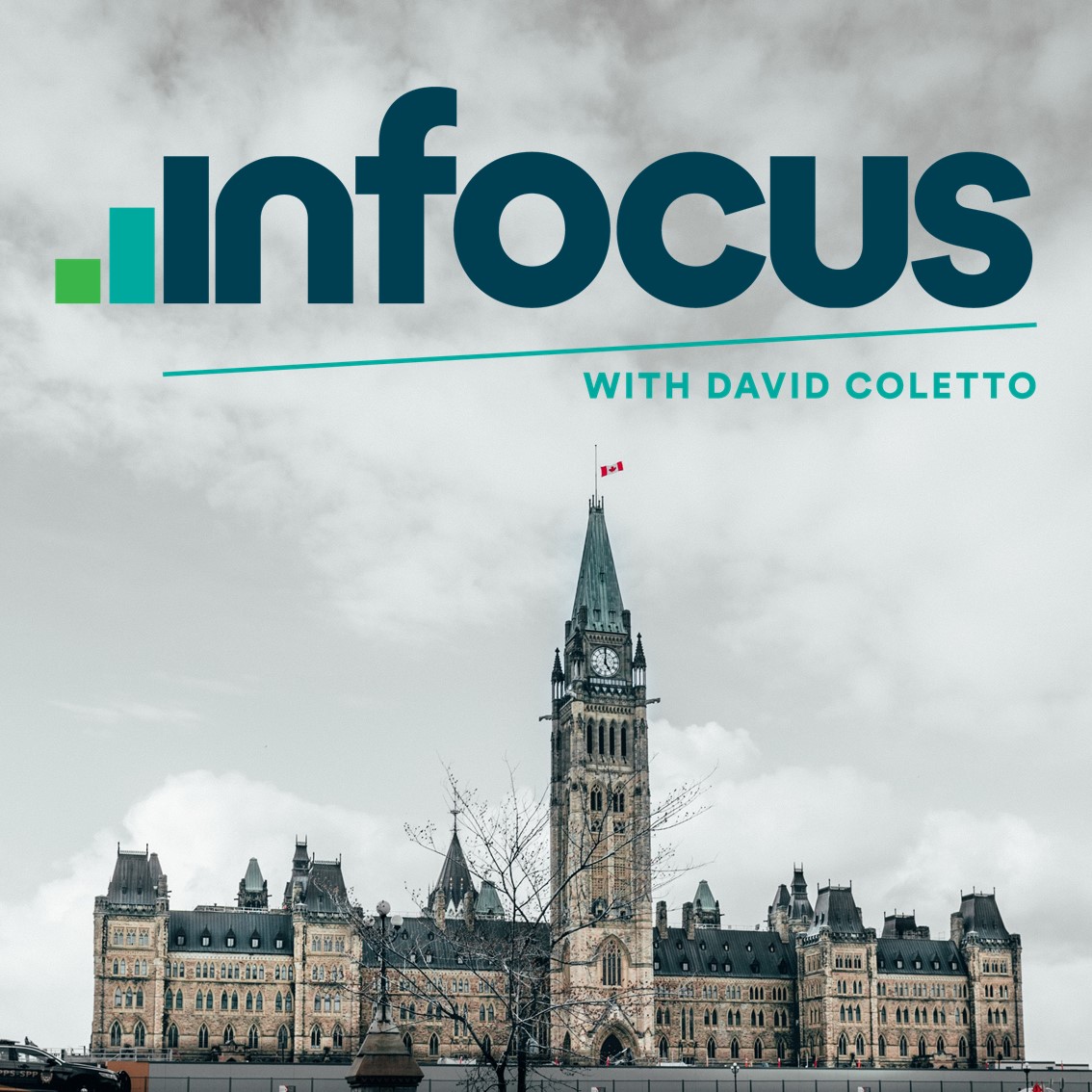Canada’s deficit ballooned to over $350 billion in 2020/2021 and is projected to be north of $150 billion this year. And as political parties roll out their election platforms, they are all planning to continue spending for the foreseeable future.
At the same time, the cost of living has emerged again as THE top issue for voters, as Stats Canada release new inflation numbers showing the fastest increase in the consumer price index in a decade.
The pandemic also increased inequality in our society. Some, including the wealthiest, are much better off as a result of the pandemic. Others, especially those most impacted by the restrictions and closures caused by the pandemic, are much worse off.
These two dynamics – increased public expenditure and rising economic inequality – are surely going to be hot topics during this election campaign.
How do we pay for the pandemic and recovery? And how fair do Canadians think the tax system is? And what impact is the pandemic having on the cost of living?
On this episode of inFocus, I’m joined by Katrina Miller, Program Director at the Broadbent Institute and Kiavash Najafi, the Director of Policy and Communications at the Professional Institute of the Public Service of Canada, a union representing over 60,000 scientists and professionals employed at the federal and some provincial and territorial levels of government.
The Broadbent Institute and PIPS commissioned my company Abacus Data to conduct public opinion research exploring public perceptions about wealth inequality, tax fairness, and affordability.

On this episode of the podcast, I’m joined by Eric Grenier, a senior writer and polls analyst at CBC. For over 10 years, Eric...

It’s a cliché now to say that the COVID-19 pandemic has had a profound impact on everyone’s lives. But no sector in Canada has...

In this episode of inFocus, I share some thoughts and the findings of Abacus Data's latest poll on Canadian politics. For all the details...